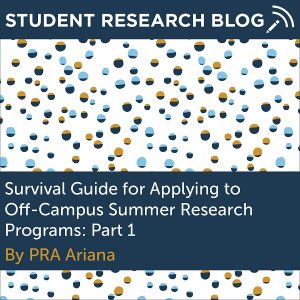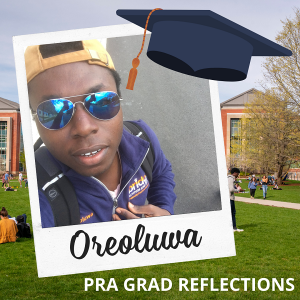 Oreoluwa Olowe ’21 (Mechanical Engineering)
Oreoluwa Olowe ’21 (Mechanical Engineering)
2020-21 OUR Peer Research Ambassador
What I’ve Learned:
Research has been a part of my entire college career. I am well aware that UConn is a research school. I did not expect to utilize this opportunity so well working on four different research projects. I learned a lot more about myself from each project, from interacting with team members and faculty. I was in positions where I had the opportunity to grow. I have gained interpersonal, communication and public speaking, and time management skills participating in research. It has been a huge learning experience being part of undergraduate research.
What’s Next:
After graduation, I plan to use the skills gained from my research experience to start my own company. The dedication to keep reading literature and running experiments when you don’t know if there is a viable solution at the end is very important. I believe it would play a role in my entrepreneurial endeavors.
Advice:
Take risks. I try to take calculated risks where I account for every possible situation. However, taking risks means believing in yourself and the fact that you will succeed.
Click here to learn more about Oreoluwa.
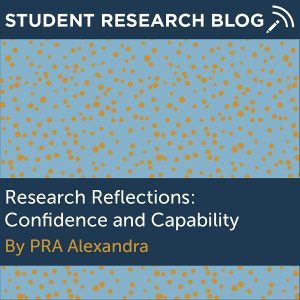 By Alexandra Bettencourt, Peer Research Ambassador
By Alexandra Bettencourt, Peer Research Ambassador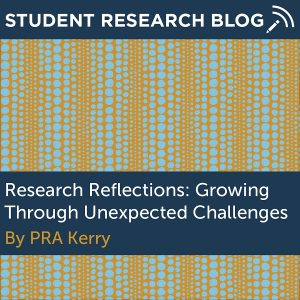 By Kerry Morgan, Peer Research Ambassador
By Kerry Morgan, Peer Research Ambassador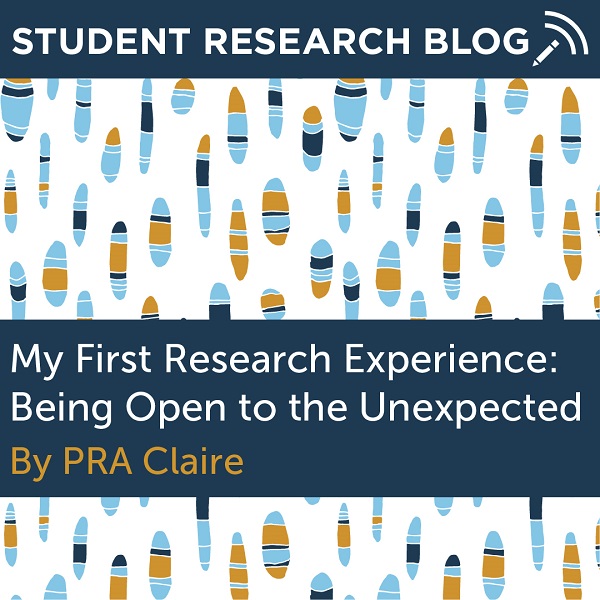 By Claire Fresher, Peer Research Ambassador
By Claire Fresher, Peer Research Ambassador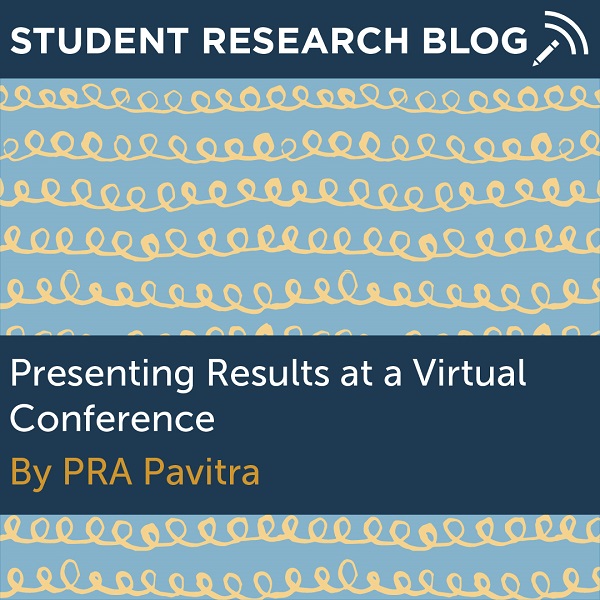 By Pavitra Makarla, Peer Research Ambassador
By Pavitra Makarla, Peer Research Ambassador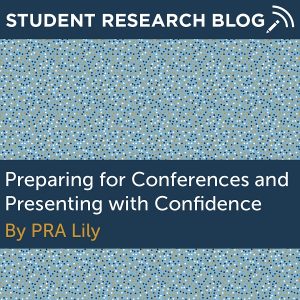
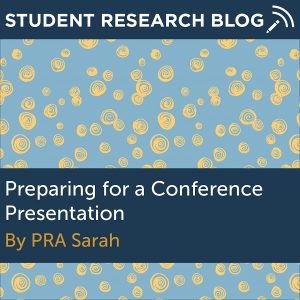
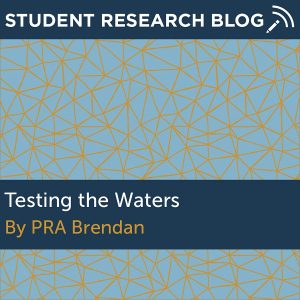
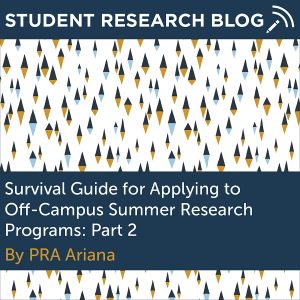 By Ariana Rojas, Peer Research Ambassador
By Ariana Rojas, Peer Research Ambassador